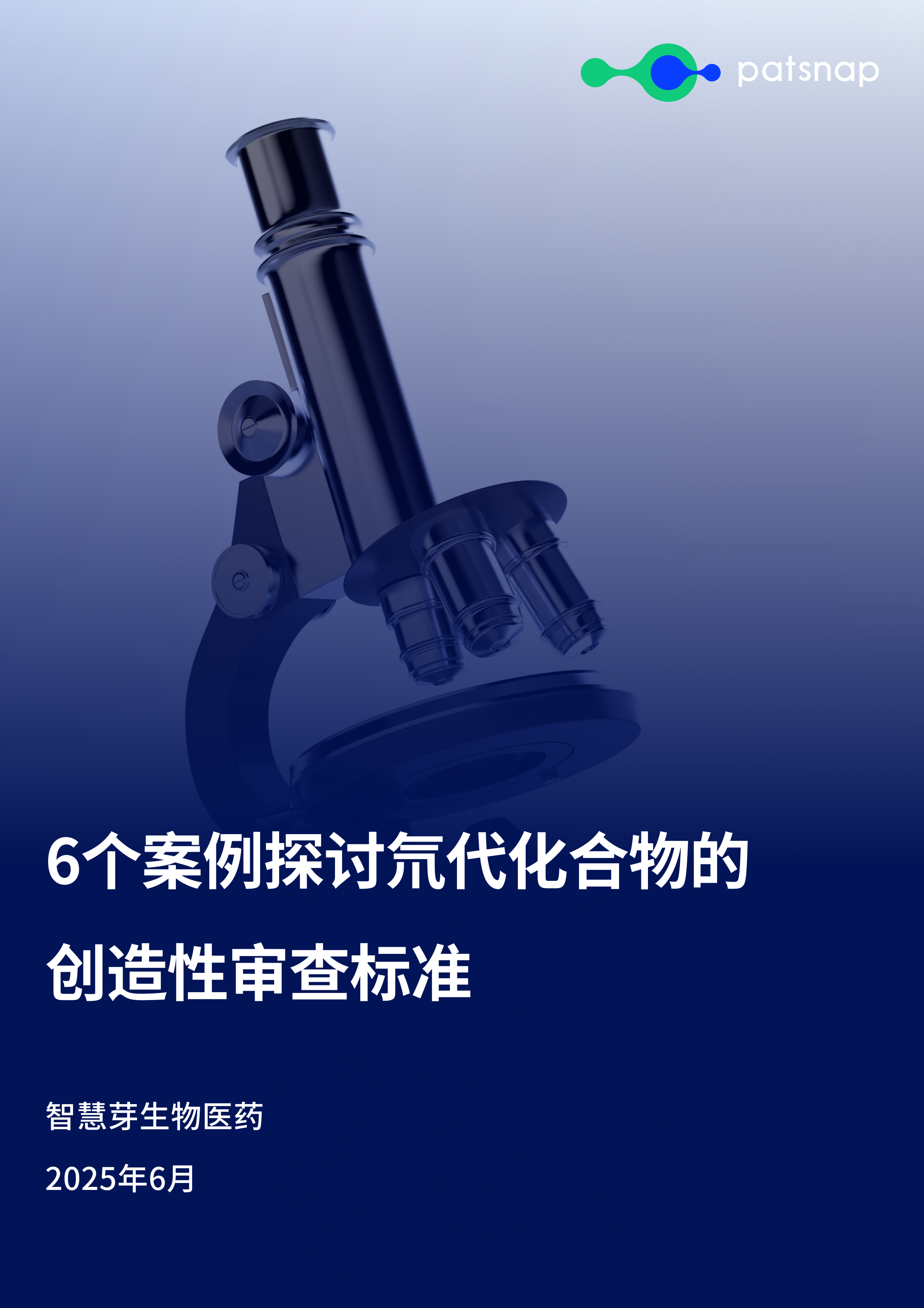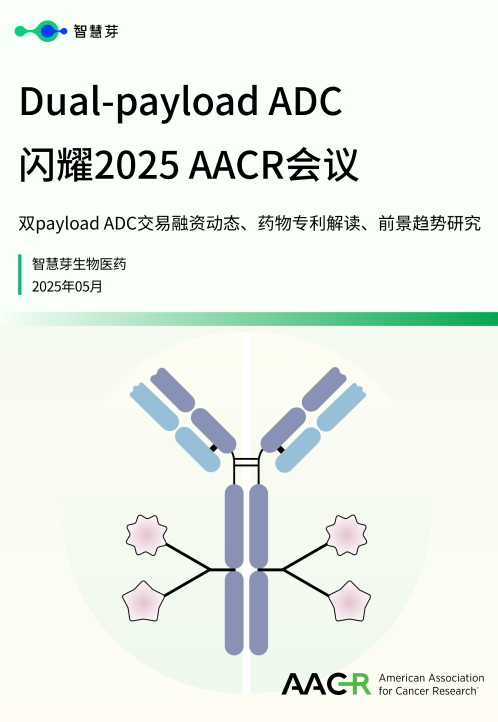预约演示
Opinion: Regulators Legitimize Decentralized Trials with New Draft Guidances
2023-08-31
临床研究
Pictured: Illustration of a doctor drafting a document/iStock, bakhtiar_zein
Early adopters of new technologies often cite regulatory uncertainty as a hurdle. In the biopharma space, one area where this has been a recurring theme is in clinical trials. In fact, a 2021 survey from the Clinical Trials Transformation Initiative, where I was once executive director, showed that regulatory uncertainty and lack of regional harmonization were the top roadblocks to the adoption of decentralized clinical trial (DCT) technologies.
I have been working in clinical trials for decades, starting out in academia before transitioning to industry, including in my current role as chief scientific officer at Medable, Inc. As both a researcher and a trials technology designer, I’ve seen firsthand that lack of regulatory harmonization between different regions makes it difficult to change the clinical research model for the betterment of all. We can—and must—do better.
Better Guidance Should Expedite Drug Development
Drug development is much too slow. The FDA approves an average of only 50 novel drugs per year; in 2022, that number was just 37. At this pace, we will not have treatments for the majority of the more than 10,000 human diseases within any of our lifetimes.
Delays in clinical trials center around patient enrollment, complex protocols and a system that allows only a fraction of the population to participate. Responsible and thoughtful technology deployment should help accelerate clinical trial timelines and improve participant diversity.
Recent Guidances on Decentralized Trials
September 2021: Danish Medicines Agency
December 2022: European Medicines Agency
May 2023: U.S. Food and Drug Administration
September 2021: Swiss Agency for Therapeutic Products
June 2023: Taiwan Food and Drug Administration
July 2023: China’s Center for Drug Evaluation of the National Medical Products Administration
During the COVID-19 pandemic, the increased adoption of decentralized methodologies was guided by temporary guidances put out by many regulators, including the FDA and EMA. Since then, these agencies and others have released documents clarifying their expectations for the responsible adoption of trials with decentralized elements. These guidances reinforce that regulations apply to clinical trials using decentralized elements in the same way they do for site-based trials: participants’ safety needs to be maintained and trials should generate reliable data.
However, the sheer number of different documents (see list) means that guidelines do not always align or harmonize globally. We know that sponsors run trials in many regulatory jurisdictions requiring compliance with the whole quilt of applicable regulations and laws. These regulations can be related to DCTs generally or be more specific to particular elements, such as a consent guidance about types of technology applications. Managing it all can become very complex.
Make Your Voices Heard
Regulatory agencies often offer a feedback period during which every stakeholder has an opportunity to comment on and offer suggestions on draft guidances. For the FDA’s E6(R3) Guideline for Good Clinical Practice, that time is now—but the window is closing, with a deadline of September 5. As of August 30, 2023, it had only garnered 13 comments. However, on the recently closed docket for the FDA DCT draft guidance, there were a total of 82 comments, most of which were submitted in the last two weeks before the end of the comment period, so there is still time. In fact, our team at Medable is adding comments to the ICH E6(R3) draft guidance now.
This guidance, which addresses certain decentralized elements under the umbrella of Good Clinical Practice (GCP), uses a principle-based approach that is explicitly meant to be flexible and applicable to a broad range of clinical trials in addition to remaining relevant as technological and methodological advances occur. It too outlines regulators’ expectations on how DCT elements should be deployed and was prepared under the auspices of the International Council for Harmonization (ICH) of Technical Requirements for Pharmaceuticals for Human Use.
I applaud the ICH for its thoughtful update to GCP and for highlighting the value of aligning and cross-referencing with other ICH guidelines. The ICH recognizes the value of modern approaches to clinical research, including the use of technology to improve efficiency, patient focus and data quality. Regulators are taking significant steps toward creating a flexible, forward-looking framework to allow for adaptation as science and technology advances.
Another action we can all take is to collect prospective data on how various decentralized elements are impacting clinical trials. Are participants more diverse? Are enrollment timelines decreased? Is trial data of the quality we need? Early research by researchers at Tufts Center for the Study of Drug Development—based in part on clinical trials enabled by Medable’s clinical trials platform—shows that, on average, DCTs can greatly accelerate Phase II and Phase III trials, equating to up to $39 million increased return on investment. Having this knowledge in the public domain would increase confidence and establish a trusted and verified model.
Clinical trials with decentralized elements are here to stay. In fact, eventually we are not going to make this distinction—all trials will have some elements of decentralization. Thus, we need to collaborate and reach consensus on regulatory guidelines that align worldwide. Every stakeholder must be an active part of the solution. The time is now: Be a part of the revolution; let your voices be heard. Together, we can ensure scalable, responsible DCT adoption industrywide.
Pamela Tenaerts, MD, is Medable’s Chief Scientific Officer. She previously served as executive director of the Clinical Trials Transformation Initiative and has held various other research positions. She can be reached at pamela.tenaerts@medable.com.
更多内容,请访问原始网站
文中所述内容并不反映新药情报库及其所属公司任何意见及观点,如有版权侵扰或错误之处,请及时联系我们,我们会在24小时内配合处理。
适应症
靶点
-药物
-Eureka LS:
全新生物医药AI Agent 覆盖科研全链路,让突破性发现快人一步
立即开始免费试用!
智慧芽新药情报库是智慧芽专为生命科学人士构建的基于AI的创新药情报平台,助您全方位提升您的研发与决策效率。
立即开始数据试用!
智慧芽新药库数据也通过智慧芽数据服务平台,以API或者数据包形式对外开放,助您更加充分利用智慧芽新药情报信息。




